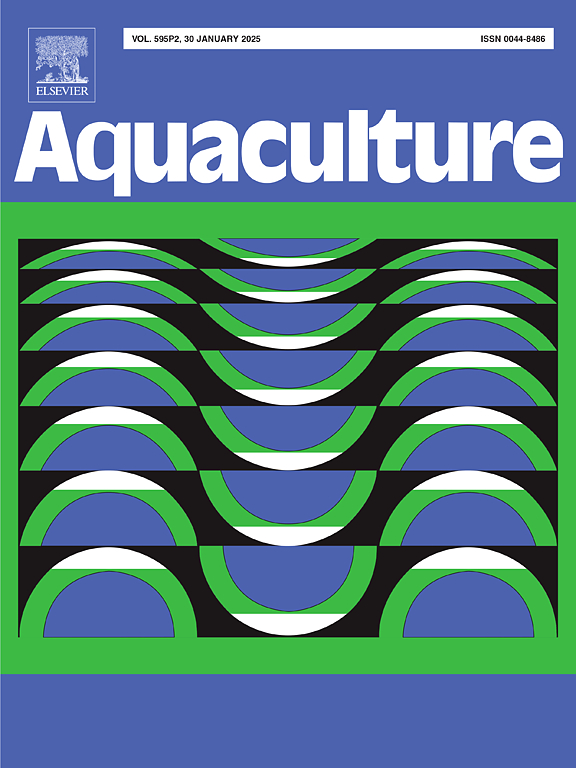Study of consumer perceptions of sustainable fishery products
IF 3.9
1区 农林科学
Q1 FISHERIES
引用次数: 0
Abstract
Consumers' concern about the environmental impact has triggered the need for available information on aspects related to the sustainability of the food products. Companies show consumers their environmental commitment and sustainability through certifications and sustainability labels. The present study aims to: (i) evaluate the presence of sustainability labels on the aquaculture and wild-caught fish products commercialised in Spain; (ii) study consumers' knowledge of sustainability seals; (iii) analyse the main aspects that affect the purchase decisions of sustainable food products. The supply of fish and fishery products was determined by market research. A consumer opinion survey was performed to assess labelling relevance, knowledge about sustainability labels and purchasing preferences. In Spain, sustainability labels appear on more than one third of fish products, with large differences found between different retailers. More than half of the products sold in German discount stores featured some sustainability label, a figure three times higher than the rate of products found in the Spanish supermarkets. The consumer survey showed that most Spanish consumers do not regularly check labelling information related to the environment and animal welfare, and they are largely unaware of the meaning of sustainability labels. Nonetheless, the conjoint analysis showed that the presence of sustainability seals enhances fish product purchases, especially for aquaculture products. These results demonstrate that marine sustainability seals and certifications can be used by the fish industry to increase purchase intention and to revalorise their products. However, informing consumers about the meaning and importance of these certifications is still necessary.

消费者对可持续渔业产品的认知研究
消费者对环境影响的关注引发了对食品可持续性相关方面现有信息的需求。公司通过认证和可持续性标签向消费者展示他们对环境的承诺和可持续性。本研究旨在:(i)评估在西班牙商业化的水产养殖和野生捕捞鱼产品上是否存在可持续性标签;(ii)研究消费者对可持续印章的认知;(iii)分析影响可持续食品购买决策的主要因素。鱼和渔产品的供应是由市场调查决定的。一项消费者意见调查进行了评估标签的相关性,关于可持续发展的标签和购买偏好的知识。在西班牙,可持续性标签出现在超过三分之一的鱼产品上,不同零售商之间的差异很大。在德国折扣店销售的产品中,有一半以上带有可持续发展标签,这一比例是西班牙超市产品的三倍。消费者调查显示,大多数西班牙消费者不会定期查看与环境和动物福利相关的标签信息,他们在很大程度上不知道可持续发展标签的含义。尽管如此,联合分析表明,可持续性印章的存在增加了鱼类产品的购买,特别是对水产养殖产品。这些结果表明,海洋可持续发展印章和认证可以被渔业用来增加购买意愿和重新评估他们的产品。然而,告知消费者这些认证的意义和重要性仍然是必要的。
本文章由计算机程序翻译,如有差异,请以英文原文为准。
求助全文
约1分钟内获得全文
求助全文
来源期刊

Aquaculture
农林科学-海洋与淡水生物学
CiteScore
8.60
自引率
17.80%
发文量
1246
审稿时长
56 days
期刊介绍:
Aquaculture is an international journal for the exploration, improvement and management of all freshwater and marine food resources. It publishes novel and innovative research of world-wide interest on farming of aquatic organisms, which includes finfish, mollusks, crustaceans and aquatic plants for human consumption. Research on ornamentals is not a focus of the Journal. Aquaculture only publishes papers with a clear relevance to improving aquaculture practices or a potential application.
 求助内容:
求助内容: 应助结果提醒方式:
应助结果提醒方式:


